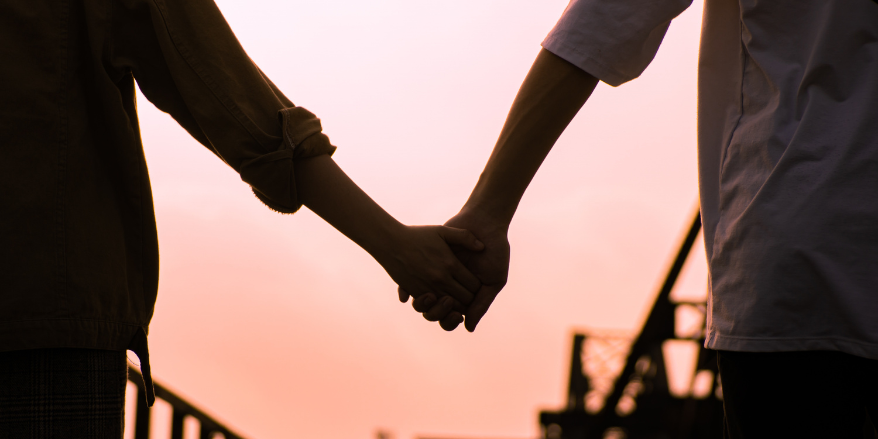
We grow up believing love should feel a certain way. Maybe we expect it to be passionate, all-consuming, or effortless, something straight out of a novel or a perfectly curated Instagram post.
I spent a bulk of my childhood through my twenties lost in the fantasy of love, thinking that life would only truly begin when I met "the one" and finally got married. I believed that love would make me feel complete, whole, and seen. It took a few heartbreaks to wake up and truly understand what it takes to make a relationship work.
But real love? It doesn’t just exist in the grand gestures or the thrilling beginnings. It reveals itself in the hard conversations, the challenging moments, the times when staying feels more vulnerable than leaving.
So why do so many of us find love difficult? Why do we chase after people who feel just out of reach or push away the ones who want to be close? Why do some of us feel suffocated by commitment while others feel like we are constantly begging for reassurance?
The answer often lies in the first love we ever knew-the love we received, or didn’t receive, from our parents.
Our First Love Shapes Every Love That Follows
Before we ever entered the world of romantic relationships, we experienced attachment. As children, we learned what love felt like, whether it was warm and consistent or unpredictable and distant. The way our parents responded to our needs shaped our earliest understanding of connection.
For me, the message I downloaded from my father was that men are not safe. That became the lens through which I saw the world, and in turn, my pattern was continuously attracting men who reinforced that belief. It became a self-fulfilling prophecy, keeping me stuck in cycles of mistrust, disappointment, and emotional pain.
For those raised in homes where love felt inconsistent, relationships may now trigger a deep fear of abandonment. You might find yourself overextending, people-pleasing, or anxiously clinging to a partner, subconsciously trying to prove you’re worthy of love.
On the other hand, if you grew up with caregivers who were intrusive or emotionally overwhelming, you may have developed a need for distance, associating closeness with the loss of autonomy.
Commitment might feel like a trap, and intimacy might stir up a quiet but persistent urge to run.
Why We Repeat These Patterns and How to Break Free
We don’t just happen to choose certain people. We are often drawn to what feels familiar, even if it’s painful. My pattern of attracting unsafe men wasn’t random. It was my subconscious recreating a story I had internalized as a child.
But awareness is what creates the shift.
When I had my wake-up call and began committing to the inner work, I realized that in order to experience real love, I had to heal the father wound. That meant learning how to trust myself, how to rewire my nervous system’s response to connection, and how to choose relationships that weren’t rooted in fear but in safety and mutual respect.
Healing our attachment wounds isn’t about finding the 'perfect' partner who will fix everything. It’s about relearning safety within ourselves first so that love isn’t something we desperately seek or subtly resist. It’s something we can finally receive.
This is the work I guide my clients through-helping them break free from old patterns, heal their attachment wounds, and build the kind of love that feels safe, secure, and fulfilling. If this resonates with you, I’d love to support you on your journey.
